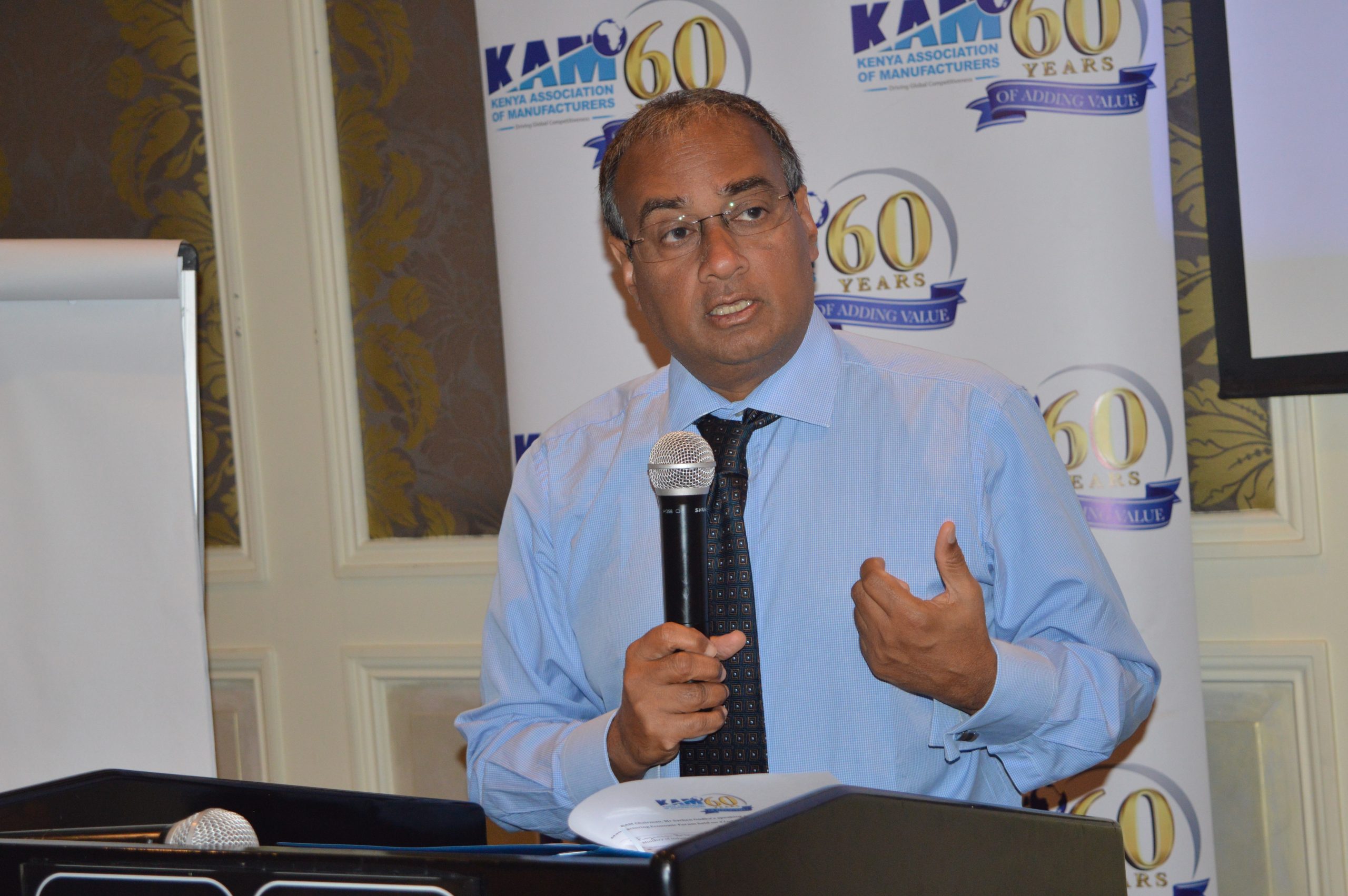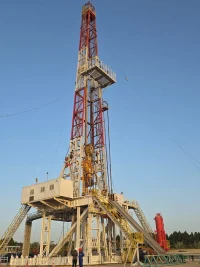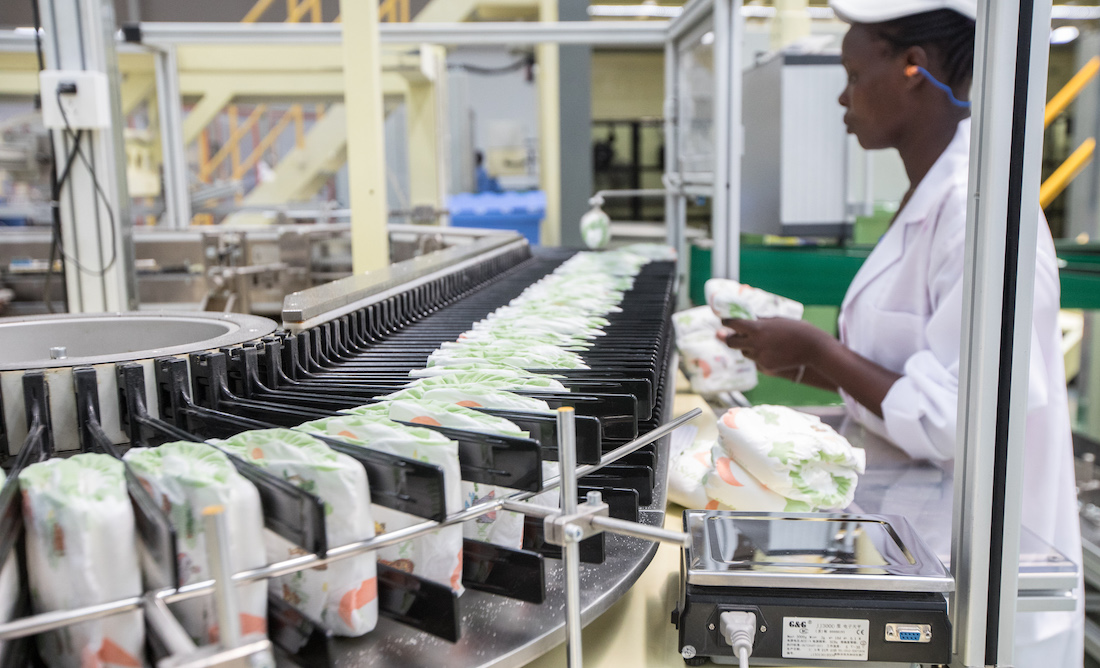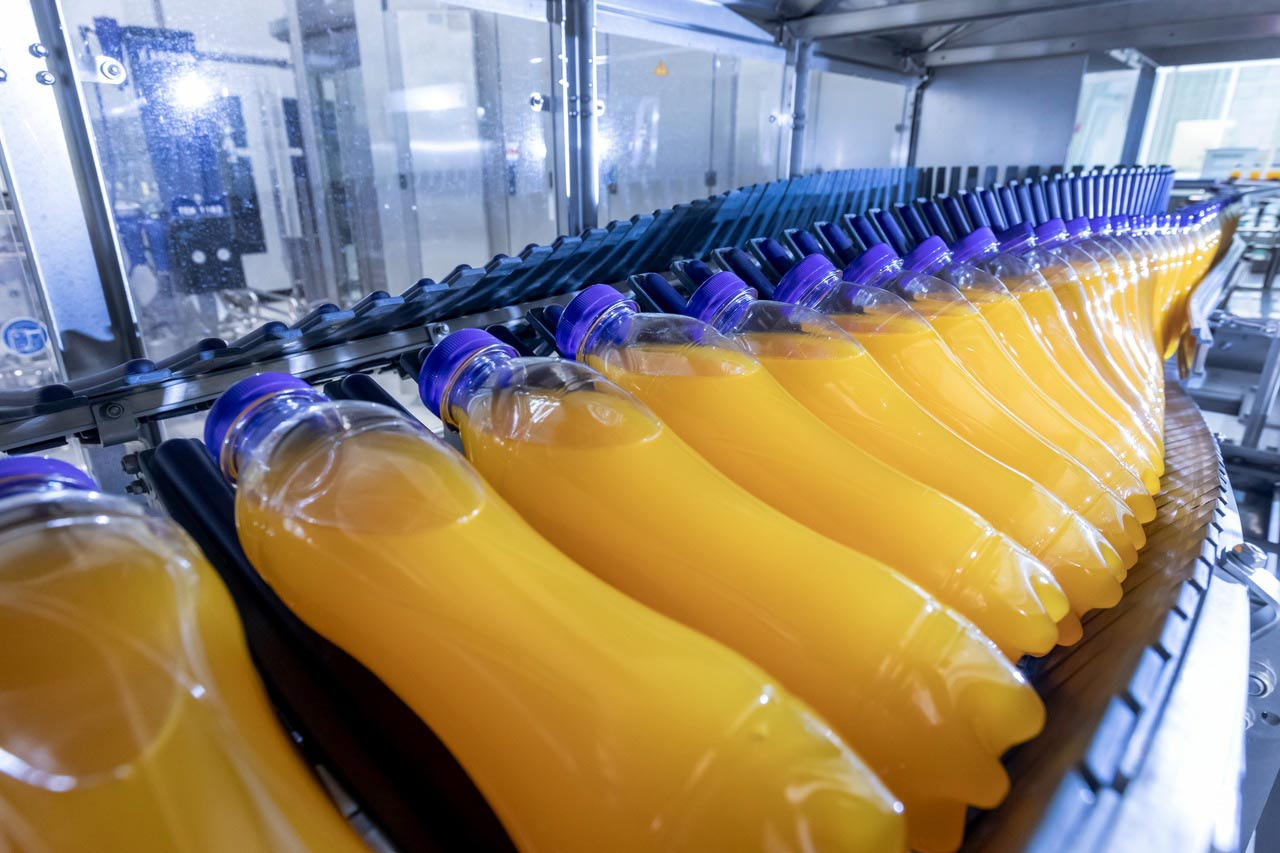As Kenyans continue to lose jobs with companies lamenting a tough operating business environment, the worst is yet to come with manufacturing, one of President Uhuru Kenyatta’s Big Four Agenda pillars performing way below its potential according to Kenya Association of Manufacturers (KAM) Chairperson Sachen Gudka.
Speaking during a high-level manufacturers economic forum on Tuesday, Mr. Gudka noted that Kenya’s manufacturing sector’s contribution to the Gross Domestic Product (GDP) has averaged 10% and has been on a declining trend, contributing 8.4% to the GDP in 2017 and 7.7% in 2018.
The revelation is a far cry from the Big Four Agenda blueprint which envisions manufacturing contribution to the country’s GDP to hit 15% by 2020.
The forum which consisted of representatives from academia, government, economic think-tanks and industrialists, cited Kenya’s declining competitiveness in the region as a consequence of little or no implementation of existing policies, as well as, a consistent disruption of well-intentioned development programs by each election cycle.
According to the panelists who spoke during the forum, lack of prioritization and ineffective implementation of policies has gravely impacted the sector.
“Industrialised countries have experienced an average GDP growth rate of 7% sustained for over 25 years. This has to be the case for Kenya if industrialisation is to materialise.” said Mr Gudka “For example, the Asian Tigers (South Korea, Taiwan, Singapore and Hong Kong) achieved manufacturing-led growth attributed to good policy implementation. Less rigid laws and regulations on labour and taxation gave room for low-cost manufacturing, thus driving up their competitiveness.”
Institute of Economic Affairs CEO Mr Kwame Owino added that a structural shift is required for economic transformation in Kenya.
“Structural transformation will enable us to attain the desired change into a middle-income country as a generation and create new sources of employment. We need to change our industrial, investment, regional integration, competition and productivity monitoring policies to achieve a 15% contribution to the GDP by the manufacturing sector by 2020,” remarked Mr Kwame.
Read: Sh20bn Bidco Industrial Park a Game Changer in Manufacturing
Ipsos Managing Director Mr Aggrey Oriwo said that successful long-term development requires an industrialisation drive, accompanied by the steady accumulation of human capital and institutional capabilities to sustain services-driven growth once industrialization reaches its limits.
“Without the industrialization drive, economic takeoff becomes quite difficult. Without sustained investments in human capital and institution-building, growth is condemned to peter out,” said Mr Oriwo.
Professor Nick Wanjohi, a Political Science Scholar, explained that the political economy has a direct implication on the manufacturing sector’s growth.
“At present, Kenya’s economy is characterized by increasing budget deficits resulting in rising stock of public debt, declining competitiveness, low demand, low liquidity, unpredictable and unstable regulatory environment, increasing the trade deficit, job losses, corporates issuing profit warnings and bear run of the Nairobi Security Exchange (NSE),”
” This is a reflection of an ailing economy, yet robust economic performance is required given that 36.1% of Kenyans live below the poverty line, 85% of the unemployed Kenyans are the youths, tax revenues are shrinking while the budget deficit is rising,” added Prof Wanjohi.
Ernst and Young Partner Mr James Gachihi advised that the Kenyan economy requires stimulation to shore up demand.
See also: Kenya to Expand Manufacturing to Boost Exports
“An economic stimulus programme will address challenges facing the manufacturing sector, increasing their productivity and competitiveness. Productive businesses create wealth and deliver sustainable employment and wages,” concluded Mr Gachihi.
The Forum sought to address what should be done to drive manufacturing growth and provide a clear path for Kenya’s development agenda.













Leave a comment